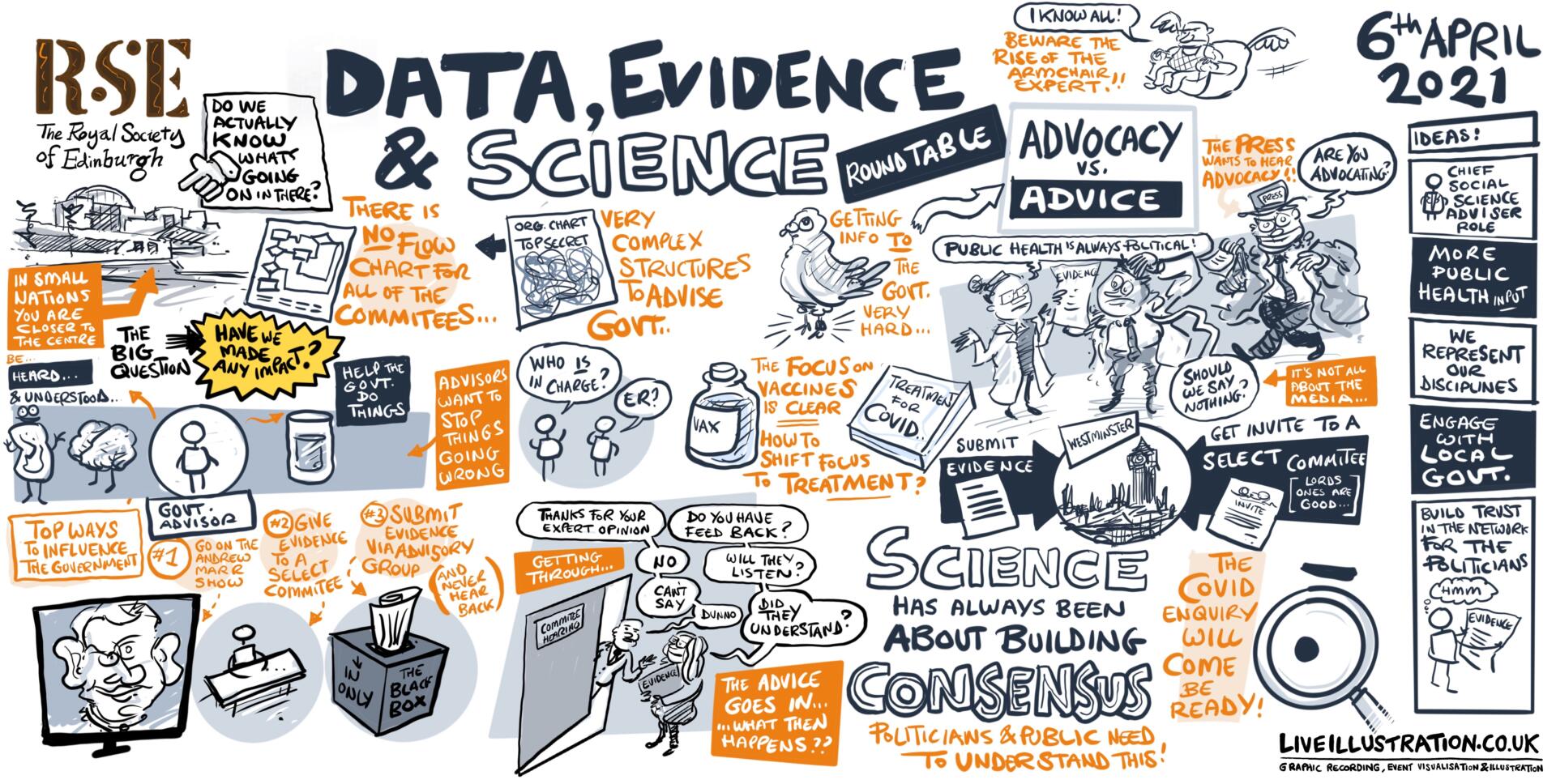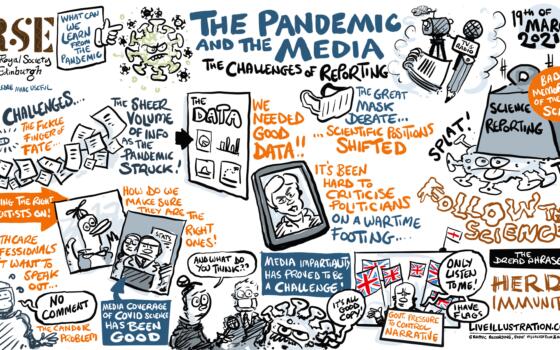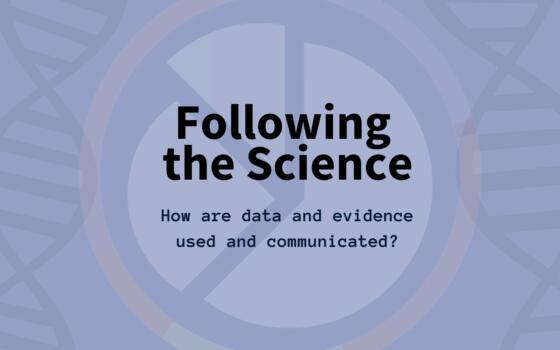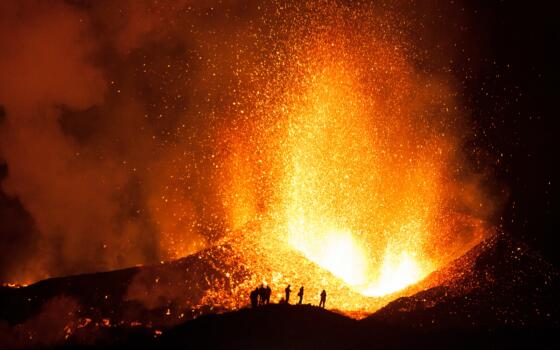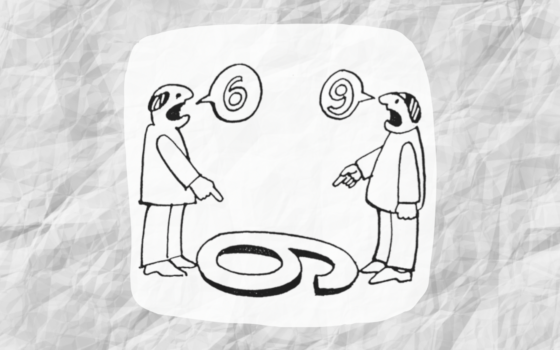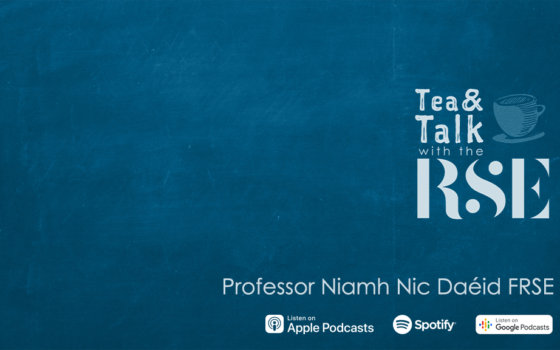The challenges of advising on a pandemic
The Data, Evidence and Science working group held a roundtable with a small group of scientists who have been involved in providing advice to the Scottish and UK Governments and the media on what the scientific data and evidence tell us about how best to manage the spread of Covid-19 in the UK. Summary points were:
Numbers and diversity of advisers
We gained insights on the number of advisers involved – not just those with expertise on health issues but also behavioural scientists, environmentalists, pathologists and many others. They may not always agree on the risks associated with different courses of action, but all agreed on the need to reach a consensus, which becomes easier as more evidence becomes available. We also heard about the challenges of information flow between different parts of government and how individual scientists sitting on more than one committee can help accelerate that flow.
Learning lessons from overseas and specific situations
Covid-19 was described as a “classic pandemic“ which means there was a knowledge base about the spread of infectious diseases to build on, but there is also much to learn from the data collected. The importance both of learning lessons from other countries and of understanding the influence of the local context (and value the engagement with local decision-makers) was highlighted.
Experts influencing decision-making
Expert Committees are not the only providers of advice to Governments and experts can have influence beyond their role on Advisory Committees. The power of some media outlets in influencing government decisions and the important role of Select Committees were referenced as additional positive channels of communication, while multiple layers of Committees between experts and the highest level of decision-making could be a negative.
Frustrations of those who have struggled to be heard
The opaqueness of the advisory structure was a shared concern, in particular for small businesses who felt they had innovations to contribute e.g. in therapeutics. But appreciation was expressed for some Parliamentary Select Committees which had taken time to listen and understand the evidence.
What can the RSE do?
The RSE is Scotland’s National Academy and its Fellows include academic experts and leaders of industry and from the public sector. More discussion needs to take place within and across these groupings to learn the lessons on how to ensure our governments have access to relevant data, evidence and objective thinking to inform their decision-making in the face of future shocks. There is also a potential role (between shocks) for the RSE in explaining to the policy community and the public the nature of the scientific process and the importance of different perspectives in understanding the opportunities and risks around different solutions.
You can watch a visual exploration of the discussion’s themes, captured in real-time by a Live Illustrator, and accompanied by a voiceover from Professor Maggie Gill OBE FRSE via the video above.
To access full English subtitles, simply click the ‘CC’ icon.
THE AUTHOR
Professor Maggie Gill OBE FRSE is an emeritus Professor in the School of Biology, University of Aberdeen. From 2014 to 2019 Maggie was Chair of the Independent Science and Partnership Council of the CGIAR (a consortium of international agricultural research centres) and since 2019 has been Chair of the Scottish Science Advisory Council.
LIVE ILLUSTRATION
The illustrations documenting the workshop were produced by Live Illustration, a virtual graphic recording agency.
